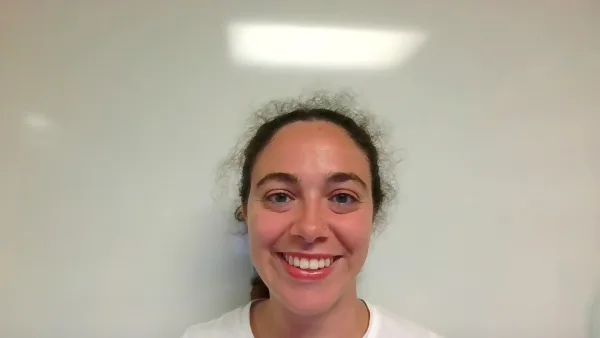Math And Science Tutoring
About
I am currently enrolled at Northeastern University in a PhD in Electrical Engineering/Physics. Growing up I was a peer tutor in middle school and college. Part of what makes my tutoring unique now is the ability to relate what one learns in class theory to the real world, as well as provide an example for what a career based in math and science looks like outside of teaching; most people do not consider continuing their education in these fields because they do not know what types of careers they can get. Part of my tutoring experience will include showing all of the different types of jobs one can get by pursueing math and science.
I am passionate about training the next generation of mathematicians and scientists. Unfortunately, right now the number of people choosing to go into these fields is astonishingly low, likely due to the fact that these subjects can be challenging if not taught in a relateable way. I look forward to working with students to encourage them and show them that these subjects are't scary, and that they are more than capable of handling these challenges.
Highlights
Payment methods
Specialties
Grade level
Type of math
Photos and videos

Reviews
Kate G.
Cynthia S.
Maeve P.
ke G.
Jill H.
Karla H.
Frequently asked questions
What is your typical process for working with a new student?
Typically I would start by reviewing the material myself before the session to get a handle on what the student learning. When working with the student I would start by reviewing and focusing on what the student feels comfortable with to build confidence. This will followed by a review of the more challenging material. Then we would discuss what the student is having trouble with and why. The why is especially important to discuss because it can help determine whether the challenge is in building the students confidence or understanding.
What education and/or training do you have that relates to your work?
I have Bachelor of Arts Degree from Boston College where I majored in Mathematics and minored in Physics. Currently I am in a PhD program in Electrical Engineering and Physics.
Do you have a standard pricing system for your lessons? If so, please share the details here.
Initial rates are based on school level as below
High School Math: 40$/hr
High School Physics: 40$/hr
PreCalculus: 45$/hr
Calculus: 50$/hr
AP Physics: 50$/hr
SAT: 65$/hr
SAT II Math: 75$/hr
These rates are initial online tutoring rates. If travel is required that will be factored into cost.
missed sessions are charged a cancellation fee of half the scheduled session fee.How did you get started teaching?
I started tutoring as a peer in middle school, and continued through high school. As I have continued deeper into my PhD I have found more free time to start doing something I love.
What types of students have you worked with?
I have worked with a plethora of students. I have tutored in middle school math concepts such as pre-algebra. I have tutored high school subjects as well, such as Spanish, Algebra, Geometry, Algebra II, Trigonometry, Calculus, PreCalculus.
Describe a recent event you are fond of.
During the summer, my heart is at the beach. The sun, the water, the sand, the salty sea breeze combined create the closest thing to heaven on earth. My family goes to the beach every few weekends to get together, and we all have a blast hanging out. Recently, we met down there for the 4th of July and had a good time barbequeing, playing card games, and lounging on the beach.
What advice would you give a student looking to hire a teacher in your area of expertise?
I would suggest that you ask them what they like most about the subject they are tutoring. I think this will show the passion that your tutor has for the subject and hopefully shed a different light on an otherwise painnful subject.
What questions should students think through before talking to teachers about their needs?
I personally think that students should ask all questions that come to their mind. What often dissuades people from enjoying and keeping up with math and science is that it is perceived as a solo operation where you alone have to be able to solve everything; this is not at all how it works in higher level STEM fields. In fact, higher level STEM fields rely on collective knowledge to progress research; the ability to feel comfortable asking questions and collaborating needs to be stimulated during these developmental times such as middle and high school.